It’s been about a month since we hosted our two Conservation Training Partnerships two-day virtual workshops and I’m glad to be able to reflect back on the experience that, in short, was a fantastic success!
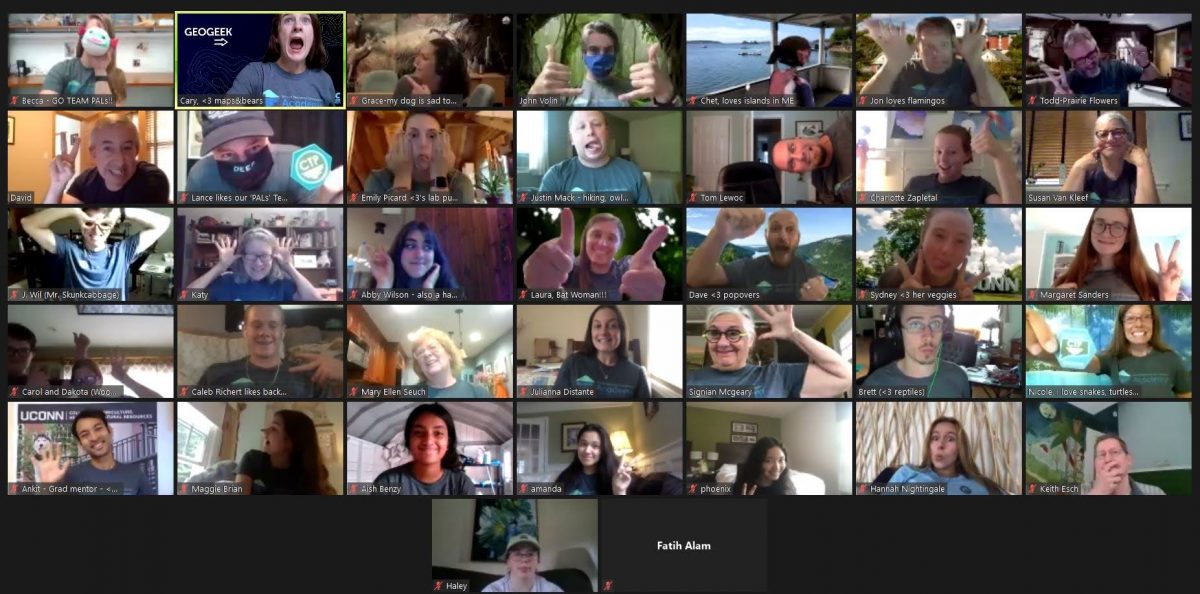
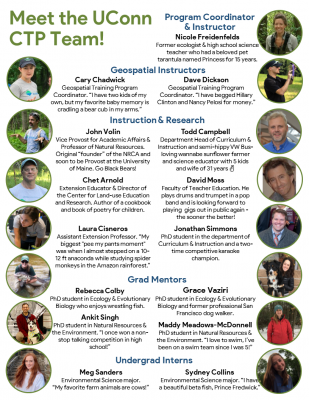
These workshops were no small feat – it took a LOT of planning and coordination from our amazing CTP team to pull off. We couldn’t have done it without the hard work and dedication of faculty, staff, graduate students and undergraduate interns.
Our CTP workshops normally take place in person, hosting about 10-12 teen-adult teams at various locations throughout the state. Because of COVID-19 this year, however, we transitioned to a fully online (virtual) format, accessible to anyone in Connecticut through Zoom. We had 11 teams attend the first workshop and ten attend the second (a total of 26 teens and 23 adults). We are so grateful that these adventurous souls chose to spend two days with us learning about natural resource science and geospatial technology.
The overall goals of the virtual workshops were for participants to:
- Get to know each other (partners/teammates)
- Learn cool tech/apps that can be used in a local conservation project
- Brainstorm and develop a plan for a local conservation project
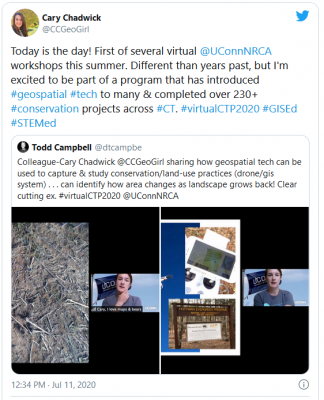 We strove to maintain the “essence” of our typical CTP experience, while acknowledging the challenges of trying to establish a personal connection with folks from the other side of a computer screen. Two days is a long time to spend on Zoom, but we broke the time up into discussions/presentations, live demonstrations and small group conversations.
We strove to maintain the “essence” of our typical CTP experience, while acknowledging the challenges of trying to establish a personal connection with folks from the other side of a computer screen. Two days is a long time to spend on Zoom, but we broke the time up into discussions/presentations, live demonstrations and small group conversations.
We even included hands-on activities that participants could do at home outside and away from their computers. First, we requested that all the participants install a few different apps (e.g., Epicollect5 and AllTrails) before the workshop. During the workshop we walked them through how to use the apps and then set them loose in their backyards or neighborhoods to collect data or record trails. I was so impressed with the results of our Backyard Biodiversity Challenge! Between the two workshops our CTP participants (and instructors) recorded over 250 observations (photos, audio and locations) of different plants, animals, insects, fungi, etc.!
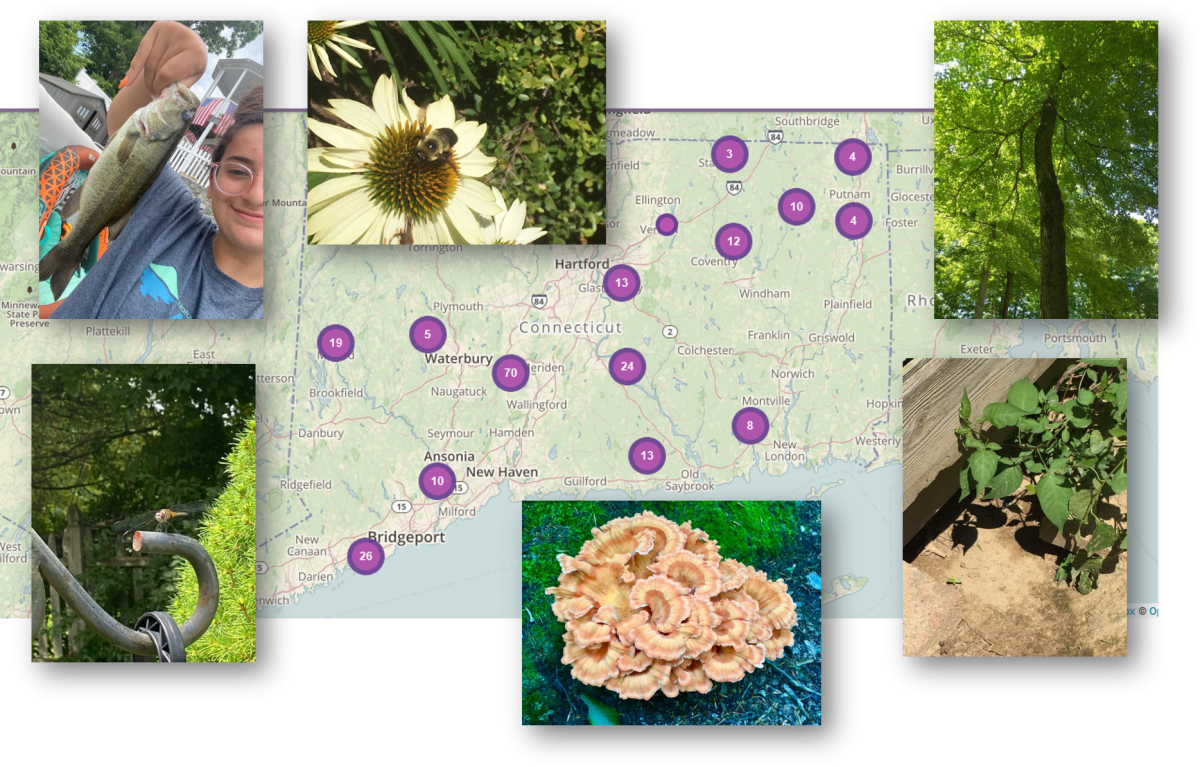
CTP teams were also provided with a slew of tutorials, training materials and resources and guided one-on-one by instructors through the process of designing their local conservation projects, many of which are already in full swing! Project topics from the 2020 CTP cohort include promoting a town composting program, mapping nearby hiking trails, creating flora/fauna guides, surveying for pollinators and other wildlife, conducting stream assessments, educating the public about forest management practices, and MORE!
Follow the NRCA on Facebook, Instagram and Twitter for updates on these exciting projects and the folks carrying them out!
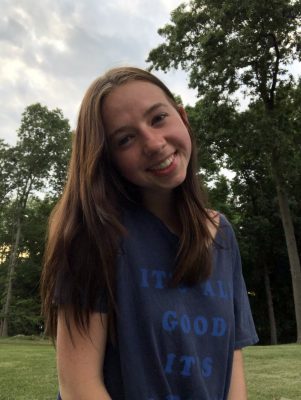
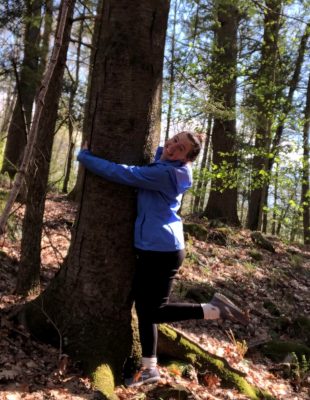

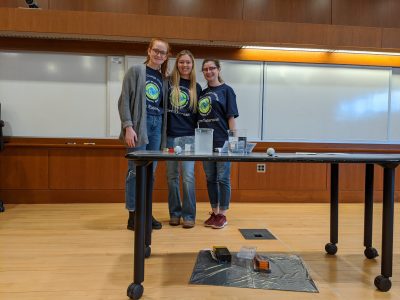

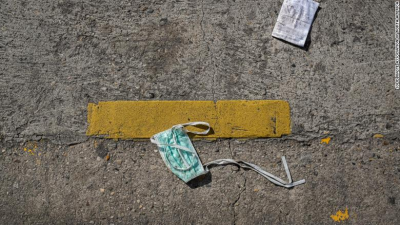
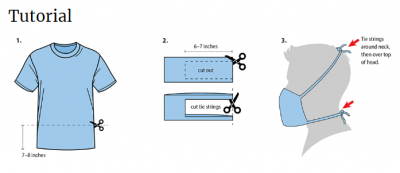
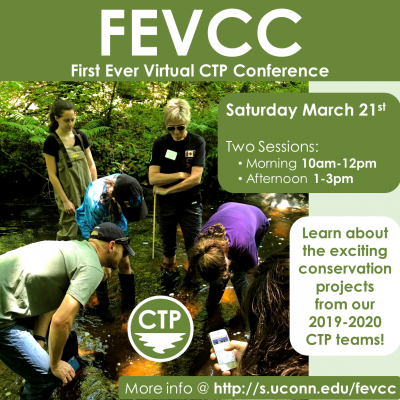
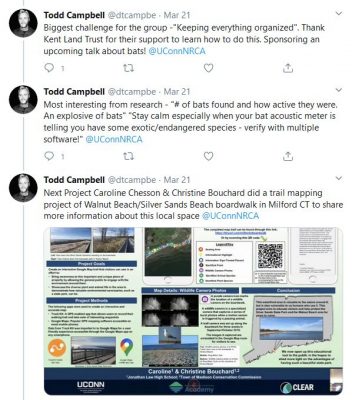
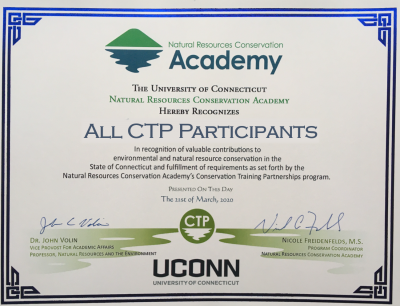
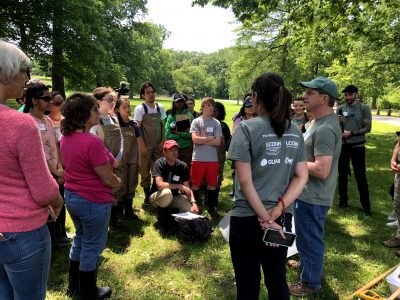
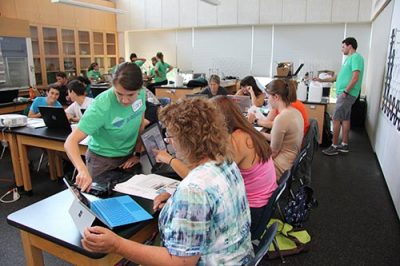
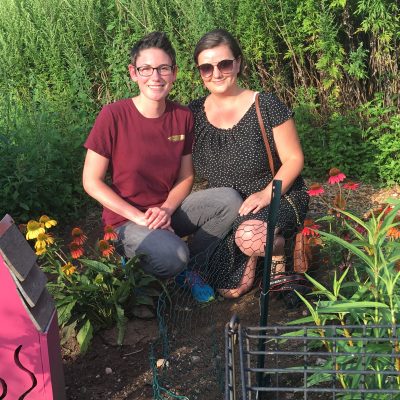
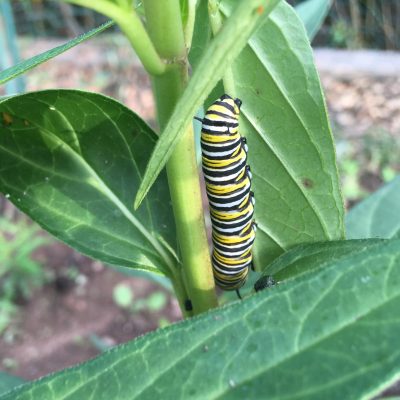
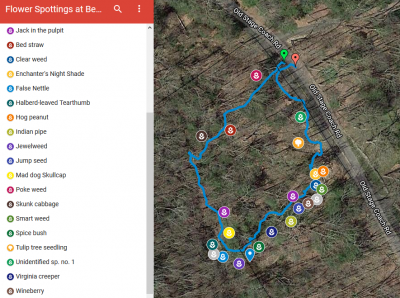
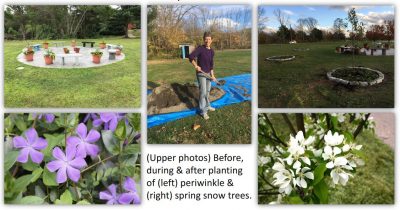
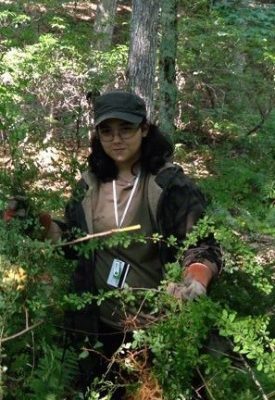 (CAP) and Conservation Training Partnerships (CTP) participants with their work during the semester. I also plan to create video content that can be used to motivate current students as they progress through the program. We understand how hard it can be to balance school, clubs, friends and family along with one’s NRCA project. That balance was something I struggled with in high school and I am looking forward to helping anyone who might be going through a similar situation. Another goal during this semester will be to work on recruitment materials to bring more students into the program in upcoming years. I would love to encourage more people to participate. CAP was an important part of my high school experience and I think it is a valuable resource for anyone interested in nature and learning more about it.
(CAP) and Conservation Training Partnerships (CTP) participants with their work during the semester. I also plan to create video content that can be used to motivate current students as they progress through the program. We understand how hard it can be to balance school, clubs, friends and family along with one’s NRCA project. That balance was something I struggled with in high school and I am looking forward to helping anyone who might be going through a similar situation. Another goal during this semester will be to work on recruitment materials to bring more students into the program in upcoming years. I would love to encourage more people to participate. CAP was an important part of my high school experience and I think it is a valuable resource for anyone interested in nature and learning more about it.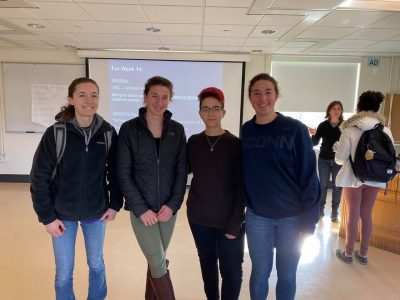
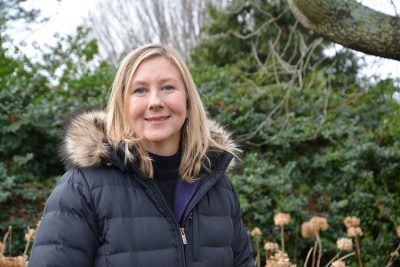
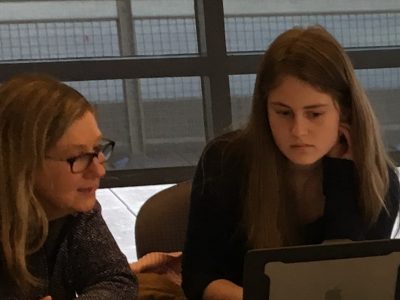 a coastal person in love with marshes, estuaries, beaches and dunes, I’m ready for the forested landscape this summer in the CAP field experience.
a coastal person in love with marshes, estuaries, beaches and dunes, I’m ready for the forested landscape this summer in the CAP field experience.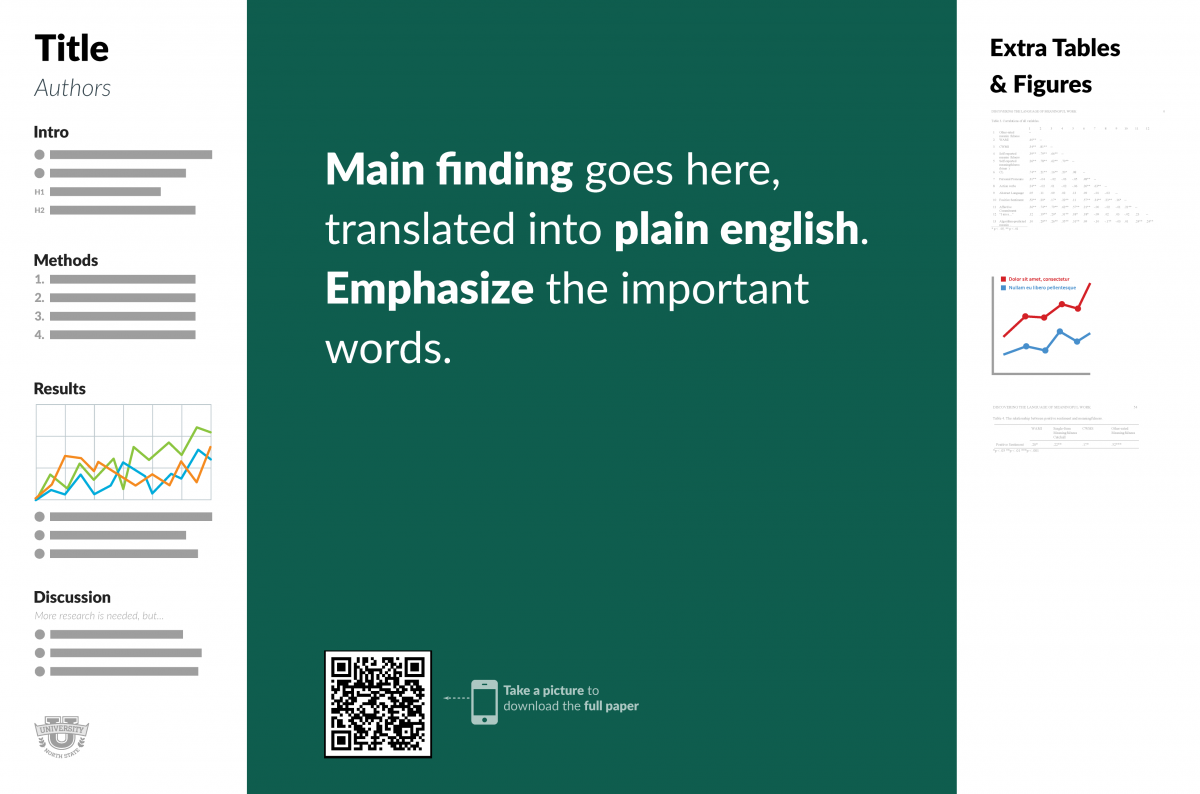
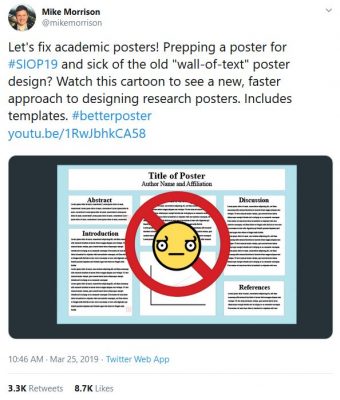
 Last week was a busy one for me, as program coordinator for the Conservation Training Partnerships… with an all-day Advisory Board Meeting on Monday, the
Last week was a busy one for me, as program coordinator for the Conservation Training Partnerships… with an all-day Advisory Board Meeting on Monday, the 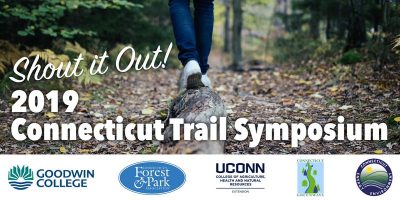
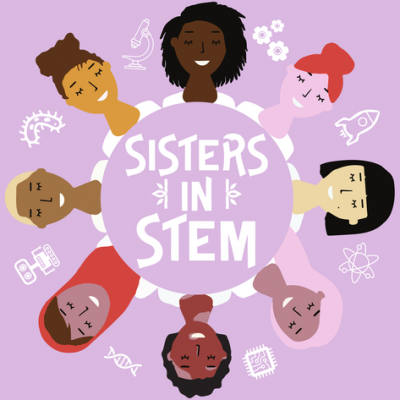 Later this week we will be leading a couple different workshops with teens – one during the
Later this week we will be leading a couple different workshops with teens – one during the